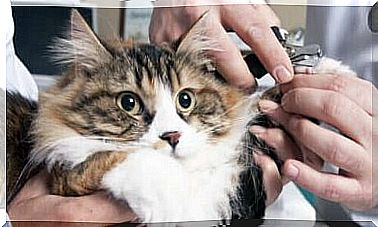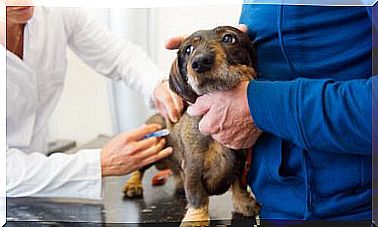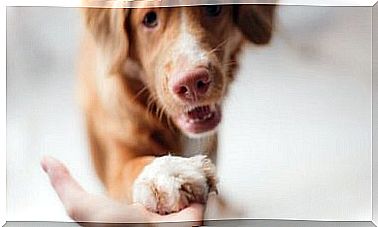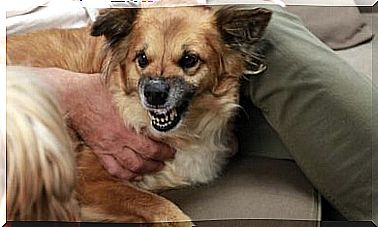Vestibular Syndrome In Rabbits – Everything You Need To Know

Rabbits are adorable little balls of fur, so it’s no surprise they are such popular pets. However, these are of course living beings that can also suffer from various diseases. One of them is vestibular syndrome.
Because this condition is so complex, it can sometimes be very difficult for your veterinarian to diagnose. Therefore, today we want to explain to you what this disease is and which symptoms you should look out for.

Vestibular syndrome in rabbits
The Vestibular Syndrome is the most common neurological diseases in which rabbits can suffer. Therefore, there is also a lot of research on this syndrome. The vestibular system is made up of a number of structures in the ear that are responsible for balance.
Although vestibular syndrome can occur in other animal species (such as dogs and cats), there are some aspects in rabbits that make the condition a little more complex.
Symptoms
As we explained earlier, vestibular syndrome affects the parts of the ear that are responsible for balance and posture. Therefore, most of the symptoms are related to it.
The disease can develop gradually or come on suddenly. That depends on the individual case. Since there are innumerable possible causes, the associated symptoms can also be very different. Below we name the most common:
- Torticollis: This is believed to be the symptom that occurs in most cases. Your rabbit’s head will tilt either to the right or to the left, depending on which area is affected.
- Loss of balance : You may also notice that your rabbit has difficulty standing upright or falls over more often. As the disease progresses, the animal may no longer be able to stand upright.
- Walking problems: In addition, your rabbit may no longer be able to walk in a straight line or may only move in circles.
- Nystagmus: This is also a very common symptom that involves involuntary and repetitive eye movements. This usually also affects the animal’s eyesight and depth perception.
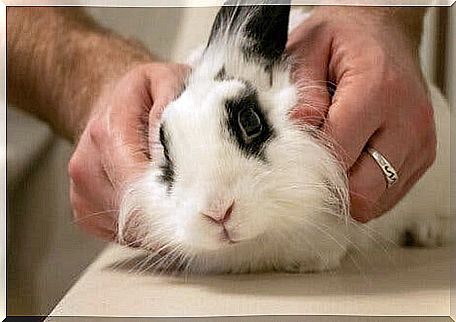
Causes of Vestibular Syndrome
There are several possible causes of vestibular syndrome in rabbits. The most common and important triggers include:
- Encephalitozoon cuniculi : This is a common parasite in rabbits that can cause problems with the kidneys, eyes or the nervous system. It is also the trigger for acute encephalitis, which in turn leads to vestibular syndrome. Treatment includes anti-inflammatory and anti-parasitic drugs.
- Pasteurella multocida : This bacterium causes respiratory disease in rabbits. While it is usually not dangerous, it can migrate to the ear under certain circumstances. And there it triggers inflammation that can lead to vestibular syndrome in rabbits. Treatment requires strong antibiotics. However, surgery may be necessary in certain cases.
- Brain Damage: Rabbits are quite sensitive animals, especially when it comes to injuries. It is therefore more common for them to sustain serious injuries after an initially harmless-looking blow or fall. Depending on the degree and severity of the injury, your rabbit may develop vestibular symptoms as a result of a traumatic brain injury.
- Neoplasms: In addition, abnormal tissue growth can also lead to vestibular syndrome. Your vet can diagnose this using imaging tests such as x-rays, computed tomography, or MRI.

What should you do
As you can see, there are many different causes of vestibular disease in rabbits. Still, they all need to be diagnosed early so that your pet can recover and recover. Therefore, it is imperative that you consult a veterinarian if you observe any of the symptoms described above in your rabbit.
